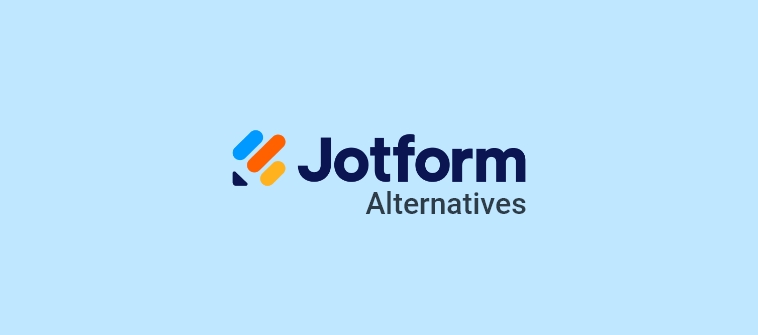JotForm has long been recognized as a leading platform for creating online forms with its user-friendly interface and robust features. However, as businesses and individuals seek alternatives or additional options for form building, several competitors have emerged in the market. In this article, we’ll explore some of the top JotForm competitors, highlighting their features, strengths, and weaknesses.
Typeform:
Typeform is a popular alternative to JotForm known for its sleek and interactive form designs. It offers a wide range of question types, including multiple-choice, short text, long text, and more. Typeform stands out for its conversational approach to form filling, making it engaging for respondents. It also provides advanced customization options and seamless integration with other tools. However, some users may find its pricing comparatively higher than other alternatives.
Google Forms:
Google Forms is a free and widely used form-building tool offered by Google. It comes integrated with Google Drive, making it convenient for users who are already using Google’s suite of productivity tools. Google Forms is simple to use, with drag-and-drop functionality and various question types available. It also allows for collaboration in real-time, making it suitable for team projects. However, Google Forms may lack some advanced features and customization options compared to JotForm and other competitors.
Wufoo:
Wufoo is another strong contender in the form-building space, offering a balance of simplicity and functionality. It provides a range of pre-designed templates and themes, making it easy to create professional-looking forms without extensive design knowledge. Wufoo supports integration with popular third-party apps and services, enhancing its versatility. However, some users may find its pricing plans slightly restrictive, especially for those with higher form-building needs.
Formstack:
Formstack is a comprehensive online form builder known for its extensive feature set and flexibility. It offers advanced form customization options, including conditional logic, calculation fields, and payment integration. Formstack also prioritizes data security and compliance, making it suitable for organizations handling sensitive information. While Formstack’s robust features are commendable, its pricing may be prohibitive for smaller businesses or individuals seeking basic form-building solutions.
SurveyMonkey:
Although primarily recognized as a survey tool, SurveyMonkey also serves as a viable alternative to JotForm for creating various types of forms. It offers a user-friendly interface, a wide range of question types, and customizable themes. SurveyMonkey’s analytics features provide valuable insights into form responses, enabling users to make data-driven decisions. However, users may find its form-building capabilities somewhat limited compared to dedicated form builders like JotForm.
Conclusion:
While JotForm remains a popular choice for online form creation, several noteworthy competitors are offering alternative solutions. Whether you prioritize design flexibility, collaboration features, advanced customization options, or affordability, there’s likely a form-building platform that aligns with your specific needs. By exploring these JotForm competitors, you can find the right tool to streamline your form creation process and enhance your data collection efforts.


